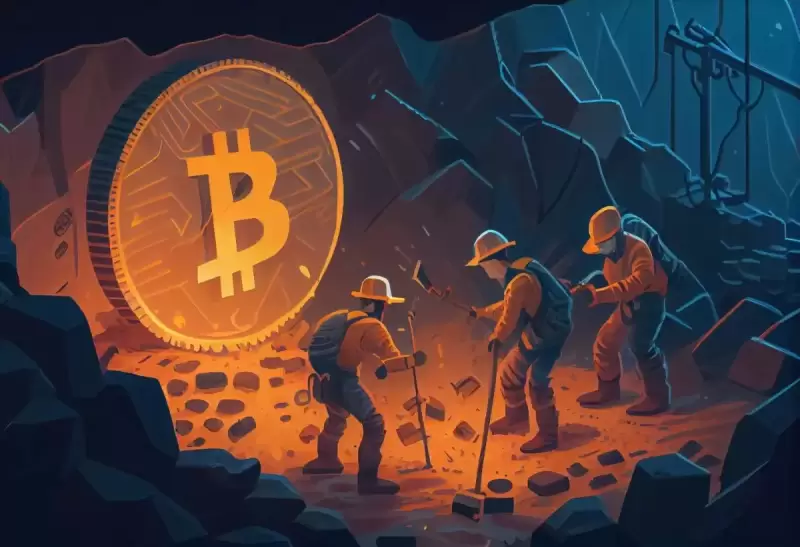 |
|
 |
|
 |
|
 |
|
 |
|
 |
|
 |
|
 |
|
 |
|
 |
|
 |
|
 |
|
 |
|
 |
|
 |
|
Cryptocurrency News Articles
Ray Dalio Warns of a Shifting Global Order Amid Trade and Debt Imbalances
Apr 29, 2025 at 06:52 pm
Ray Dalio, founder of Bridgewater Associates, has issued a sobering assessment of the current global economic and political environment.

Ray Dalio, the billionaire founder of investment firm Bridgewater Associates, has issued a stark warning about a coming "big change in the world order."
In a recent post on LinkedIn, Dalio highlighted several key imbalances and trends that he believes are converging to drive a major realignment in the global economic and political landscape.
These shifts, ranging from unsustainable trade and capital imbalances to rising deglobalization and deteriorating relations between major powers, will have profound implications for investors, policymakers, and citizens around the world.
What Is Happening to The Global Economic Order?
Many exporters and importers are cutting back on their U.S. ties. They realize that the tariff disputes and broader tensions are unlikely to fully resolve.
Also, both U.S. and Chinese companies and investors, and those who rely on their trade relations, are making other plans to reduce interdependence.
This trend, which began with U.S.-China relations, is now affecting other global markets, capital flows, and even military alliances.
It's also becoming clear that the U.S. role as the world’s largest consumer of goods and issuer of debt is increasingly viewed as unsustainable.
The thinking that the U.S. will pay back its debt in an assumed-stable dollar is “simpleminded and flawed.”
As these imbalances worsen and deglobalization proceeds, the risks of financial and political disruption will grow.
We are approaching a point of no return in the global monetary system, domestic politics, and international relations.
Other countries are preparing by forging new economic and political links.
What Happens Next
With calm, analytical policymaking, these transitions can be managed constructively. We need cooperative rebalancing strategies, like the “3-Part, 3-Percent Solution” that I described in my book, How Countries Go Broke.
But the current path of conflict and volatility will lead to irreversible consequences.
Investors and policymakers should focus on these underlying shifts, not short-term market moves. They need thoughtful, coordinated responses to these historic changes.
Disclaimer:info@kdj.com
The information provided is not trading advice. kdj.com does not assume any responsibility for any investments made based on the information provided in this article. Cryptocurrencies are highly volatile and it is highly recommended that you invest with caution after thorough research!
If you believe that the content used on this website infringes your copyright, please contact us immediately (info@kdj.com) and we will delete it promptly.
-

-

-

-

- Base, the Popular Layer-2 Network from Cryptocurrency Exchange Coinbase (COIN), Is Now a “Stage 1” Rollup
- Apr 30, 2025 at 12:30 am
- Base, the popular layer-2 network from cryptocurrency exchange Coinbase (COIN), is now a “stage 1” rollup, said the company, setting up its path towards full decentralization.
-

- Zora Labs ditches its governance token model and creates a huge rift between the token's value and its issuer.
- Apr 30, 2025 at 12:25 am
- The price of Zora has plummeted 55% since it launched six days ago, sending the value of all tokens — both those on the market and yet to be released — to around $150 million.
-

-

-

-



























































